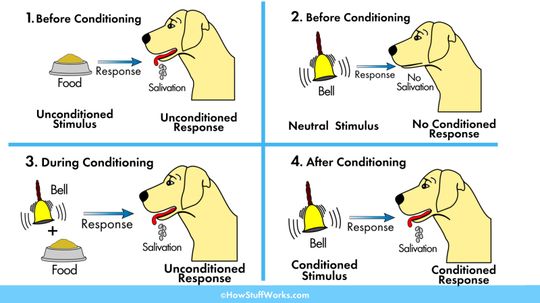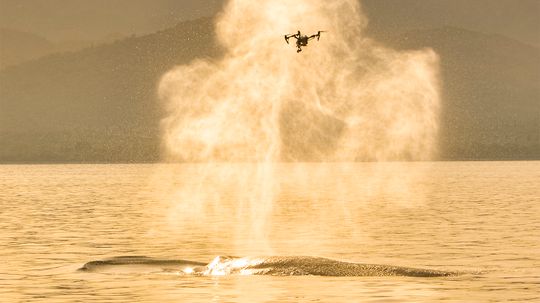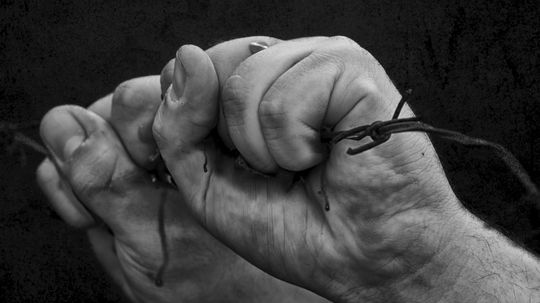Scientific Experiments
Scientific experiments are a fun and exciting way to learn more about the wonderful world of science. In this section you'll find great articles all about scientific experiments.

10 Nobel Laureates Whose Work Changed the World
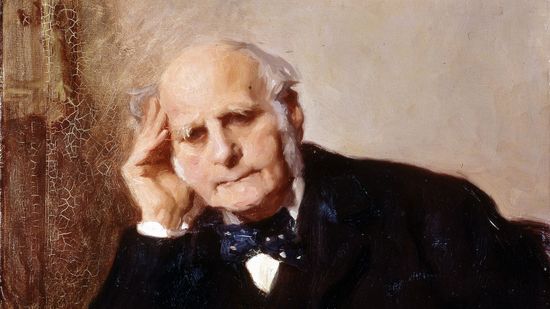
Eugenics Overshadows the Legacy of Scientific Genius Francis Galton
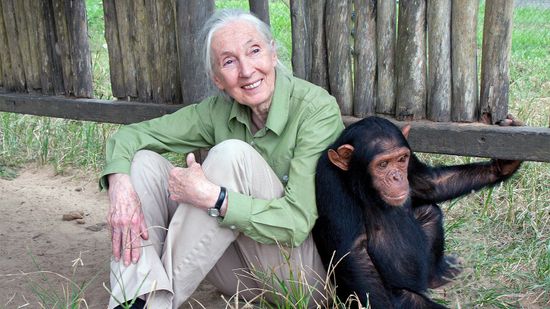
Jane Goodall: A Global Face for Global Peace
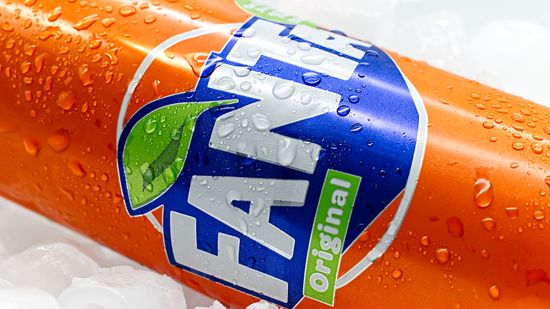
Who Made Fanta? Was It Really the Nazis' Favorite Soda?

'Mad Honey' Comes From Bees That Gather This Specific Nectar

Barrels and Barrels of Aged Beer

Who Invented the Toilet? A Brief History of the Flush

HowStuffWorks: How Porta Potties Work
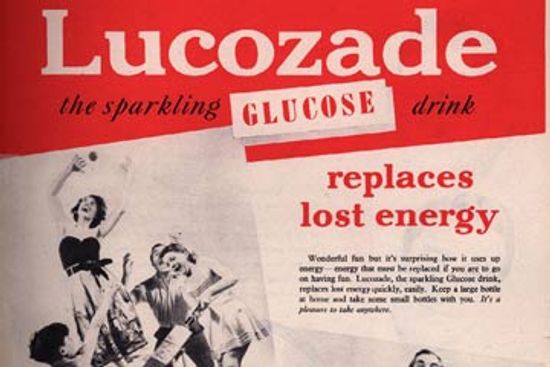
Who invented sports drinks?

Meet the Man Who Invented Cool Whip, Tang and Pop Rocks
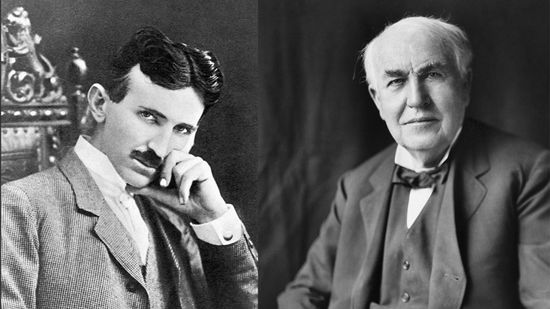
Thomas Edison vs. Nikola Tesla Quiz
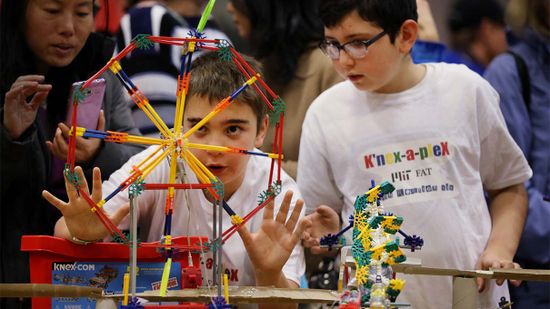
Rube Goldberg: The Man Behind the Ingenious Contraptions
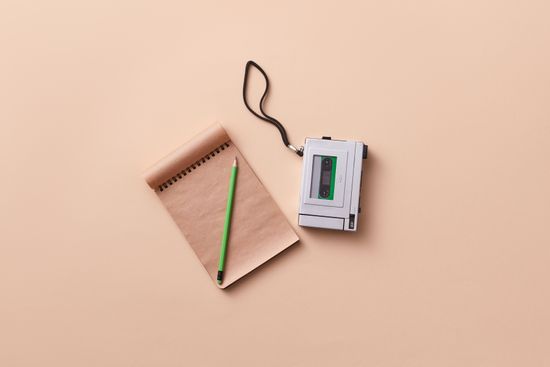
The Evolution of Dictaphones: A Comprehensive History
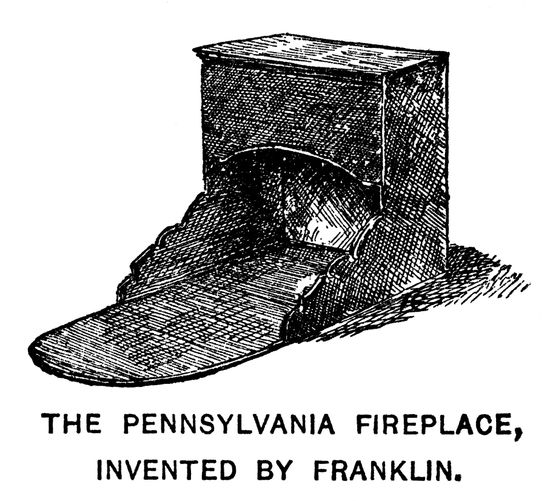
The Evolution of the Franklin Stove: From Invention to Modern Efficiency
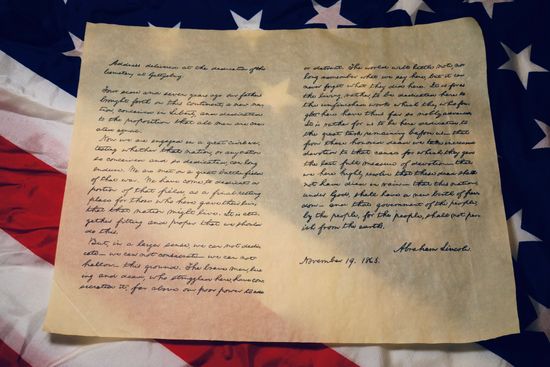
The Fascinating History of the Mimeograph Machine

5 Green NASA Inventions
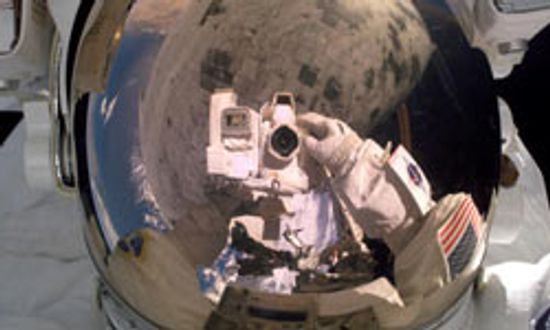
5 Types of NASA Technology in Your Attic

How Has NASA Improved Solar Energy?

How hard is the patent application process?

How to File a Patent
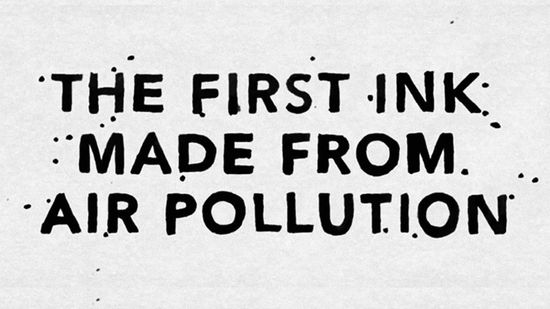
Turning Air Pollution Into Ink

10 New Uses for Old Inventions

How Do QR Codes Work? 2D Barcodes Explained
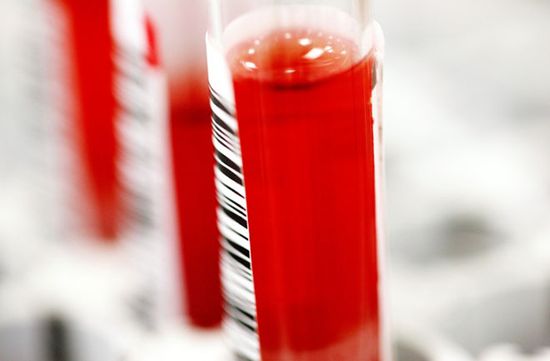
How can a bar code save your life?
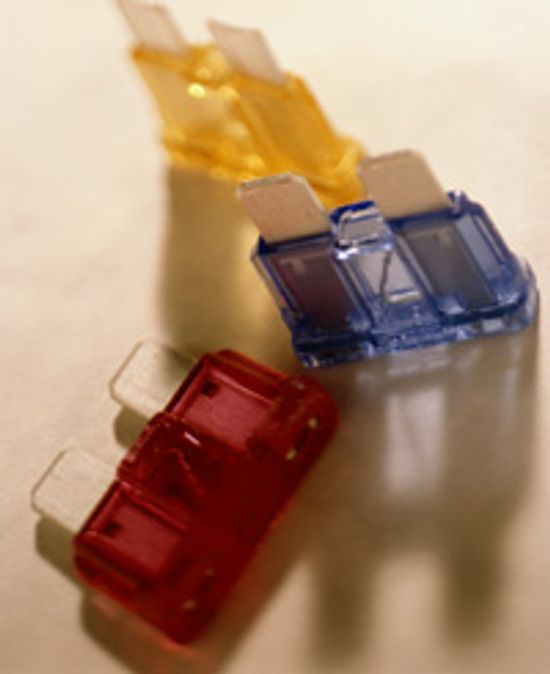
Is it possible to fix a blown fuse with a chewing gum wrapper?
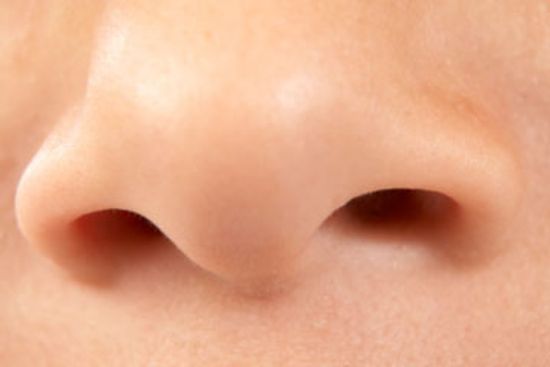
How do scratch-and-sniff stickers work?

10 Oddball Questions Scientists Have Genuinely Tried to Answer
Learn More / Page 2
From Isaac Newton to Ivan Pavlov, scientists have developed and tested hypotheses through carefully crafted experiments for centuries. Here are three groundbreaking hypotheses and the predictions they tested.
By Mark Mancini
A drone with some petri dishes attached is making research much less stressful for whales and scientists alike.
Some truly bizarre and troubling things have been done through the ages in the quest for scientific knowledge. The 10 experiments on this list all made humans into lab rats.
